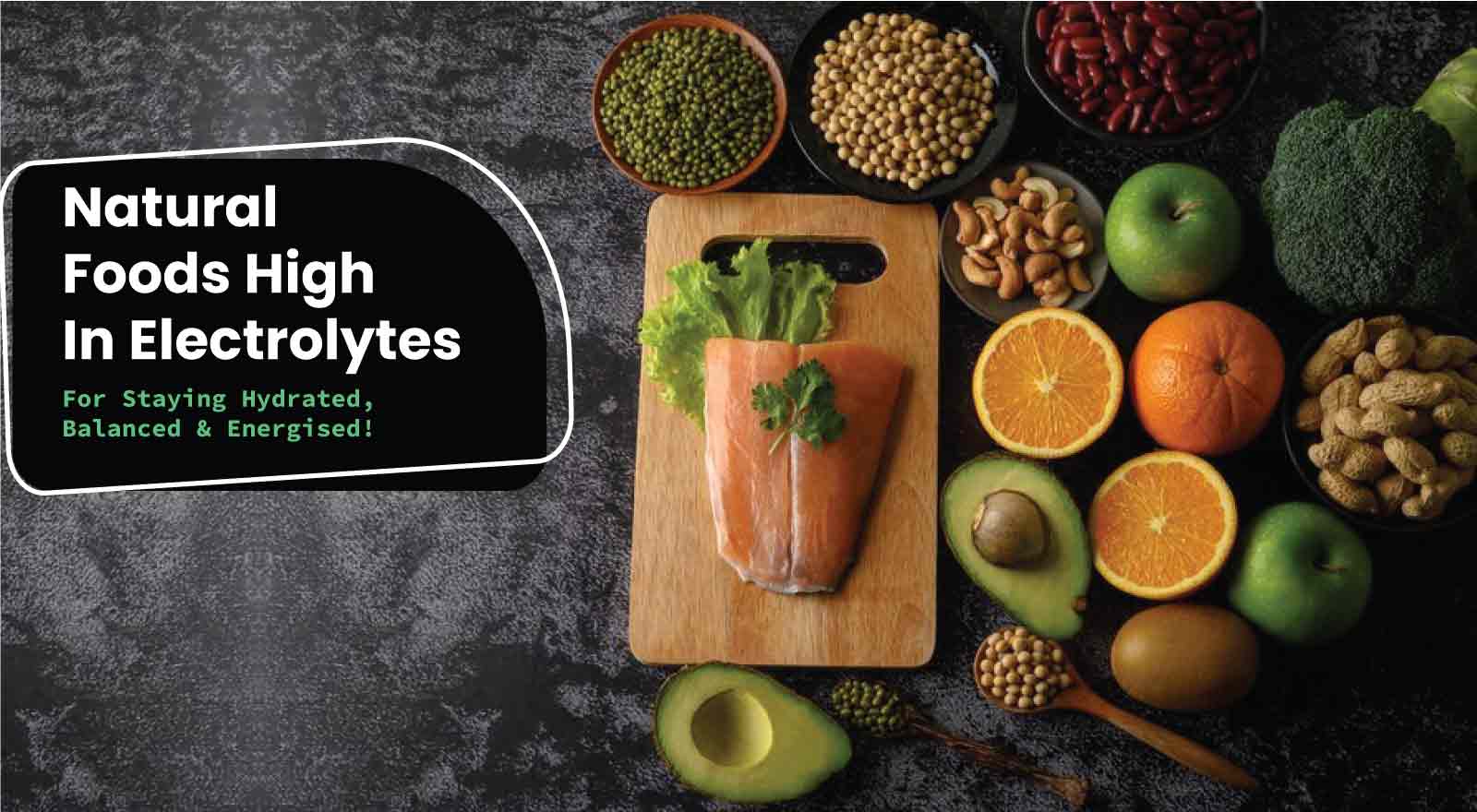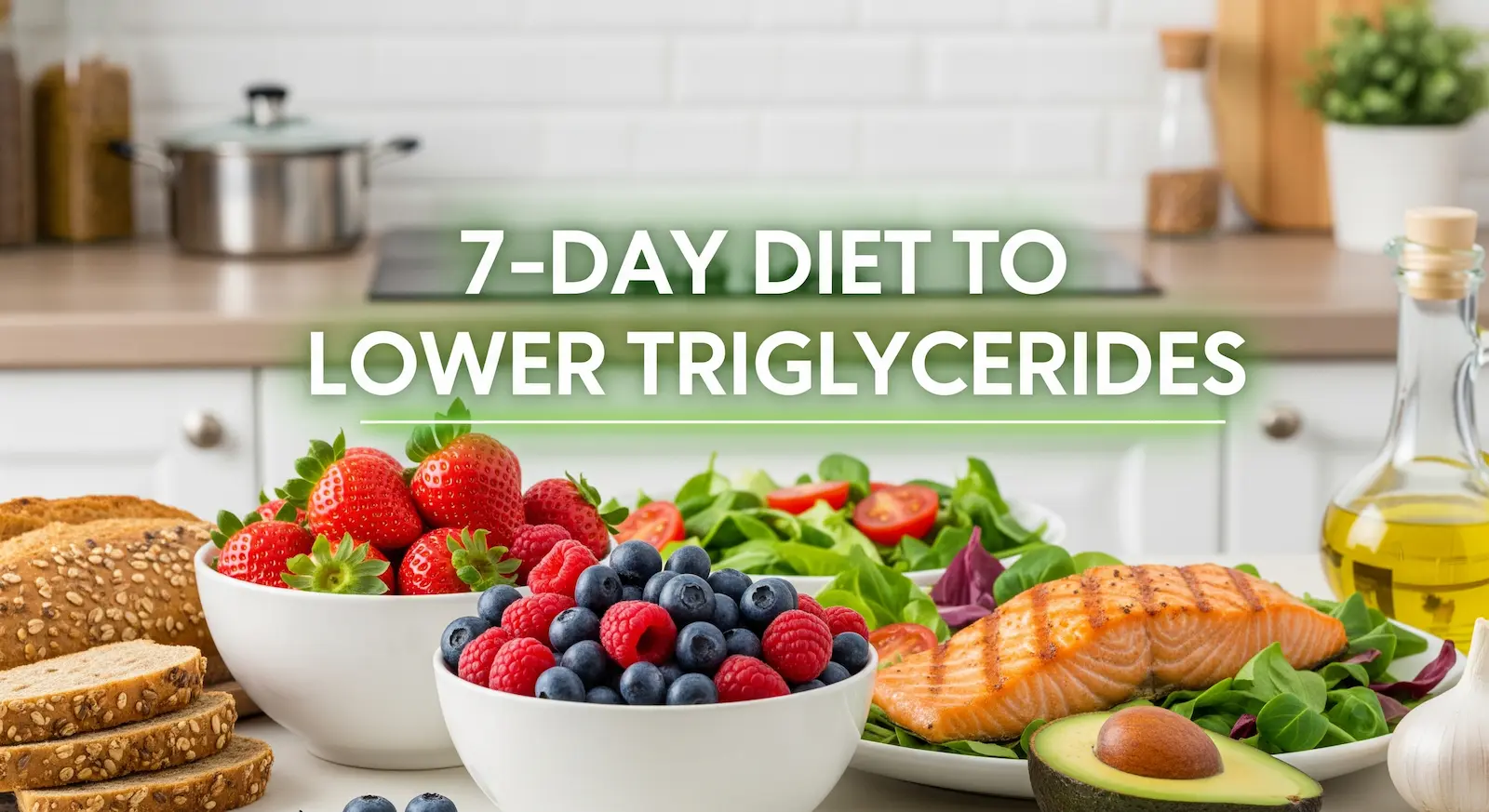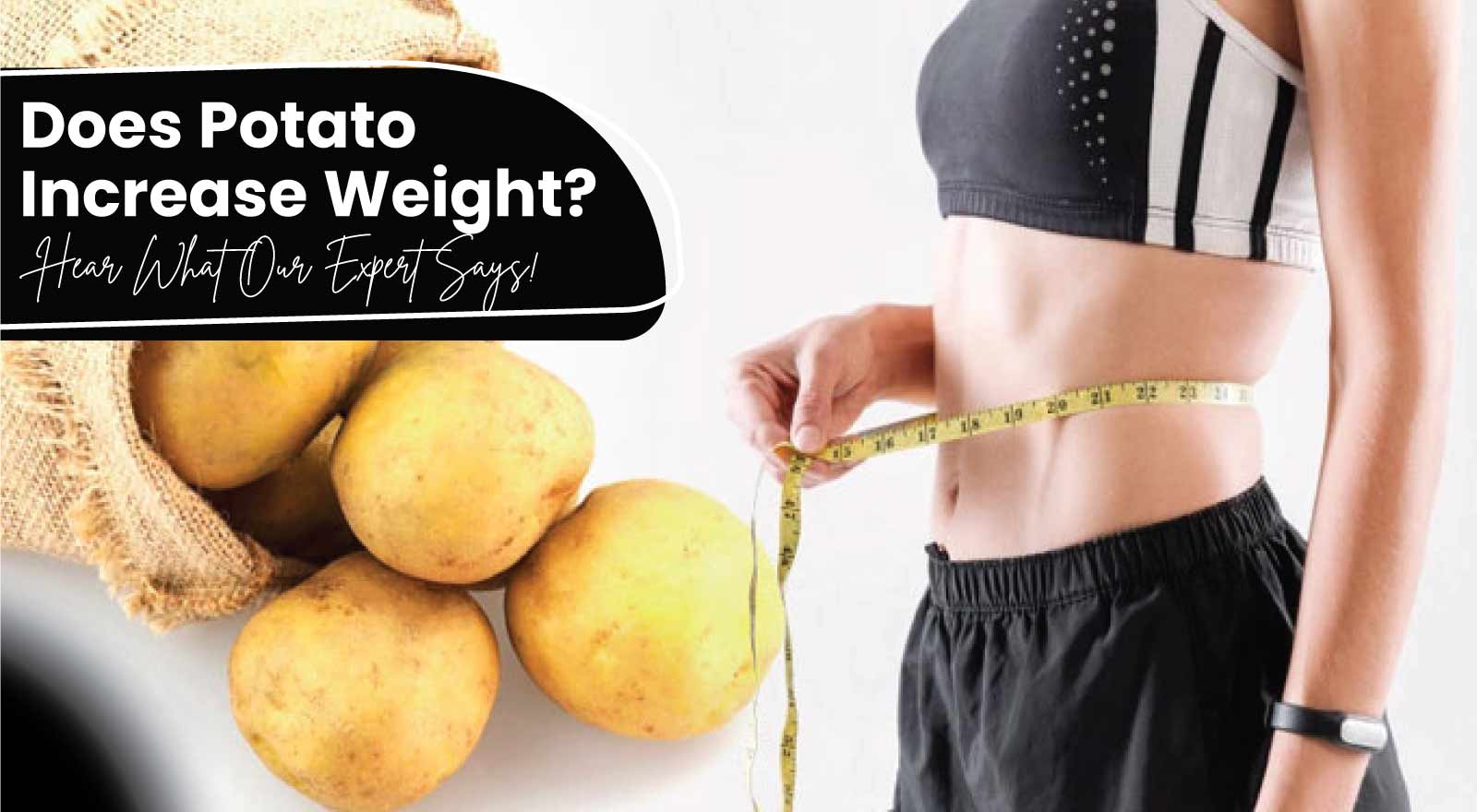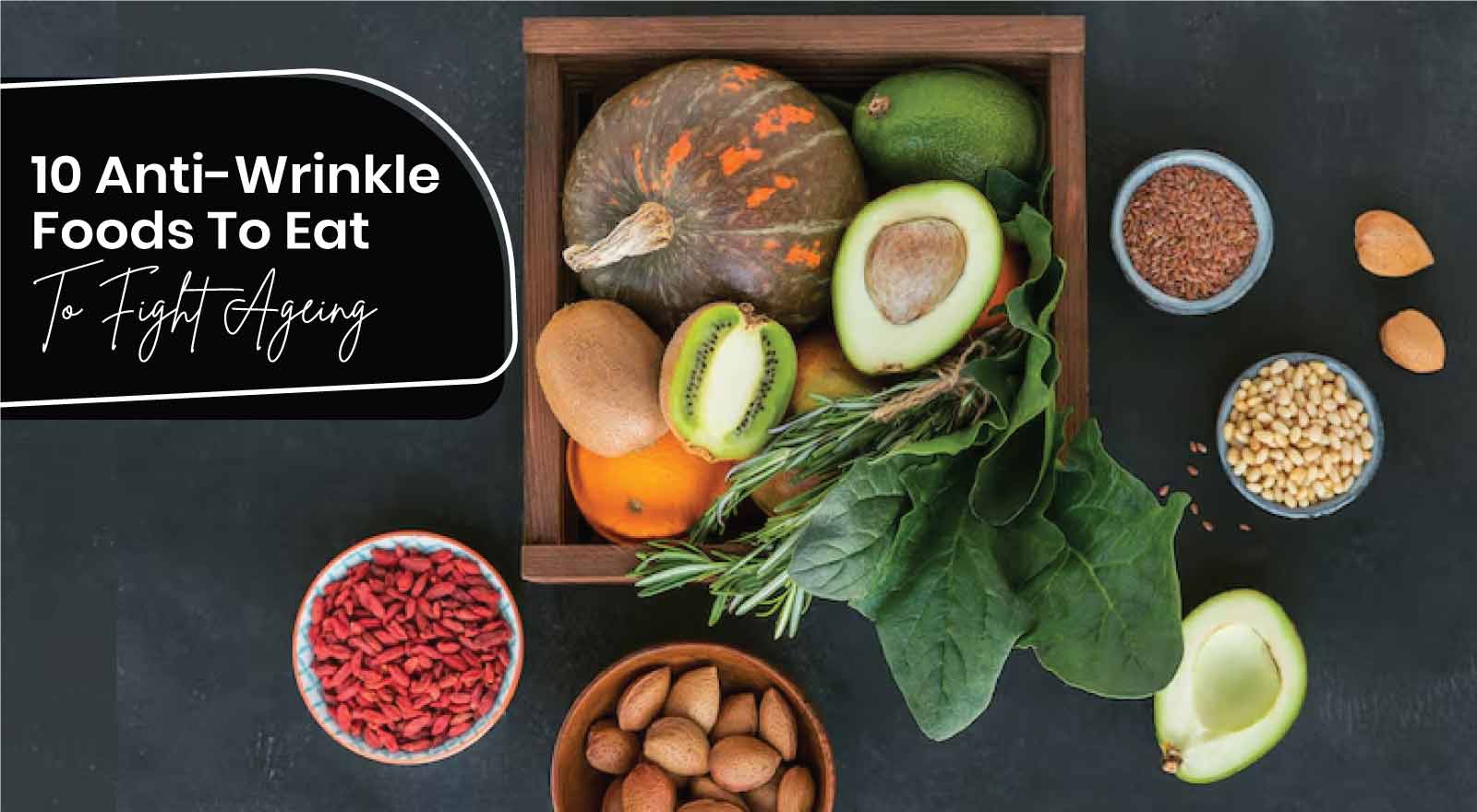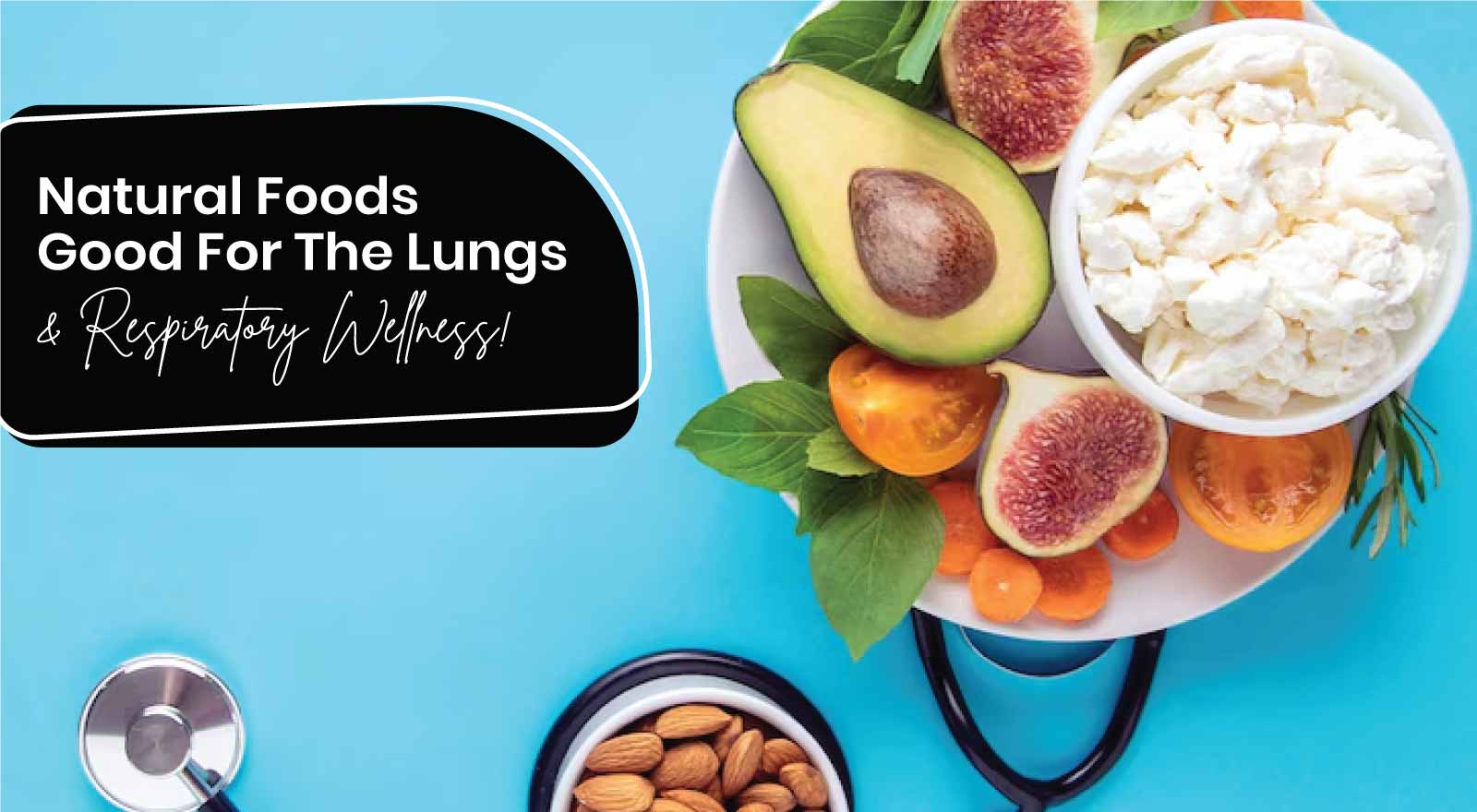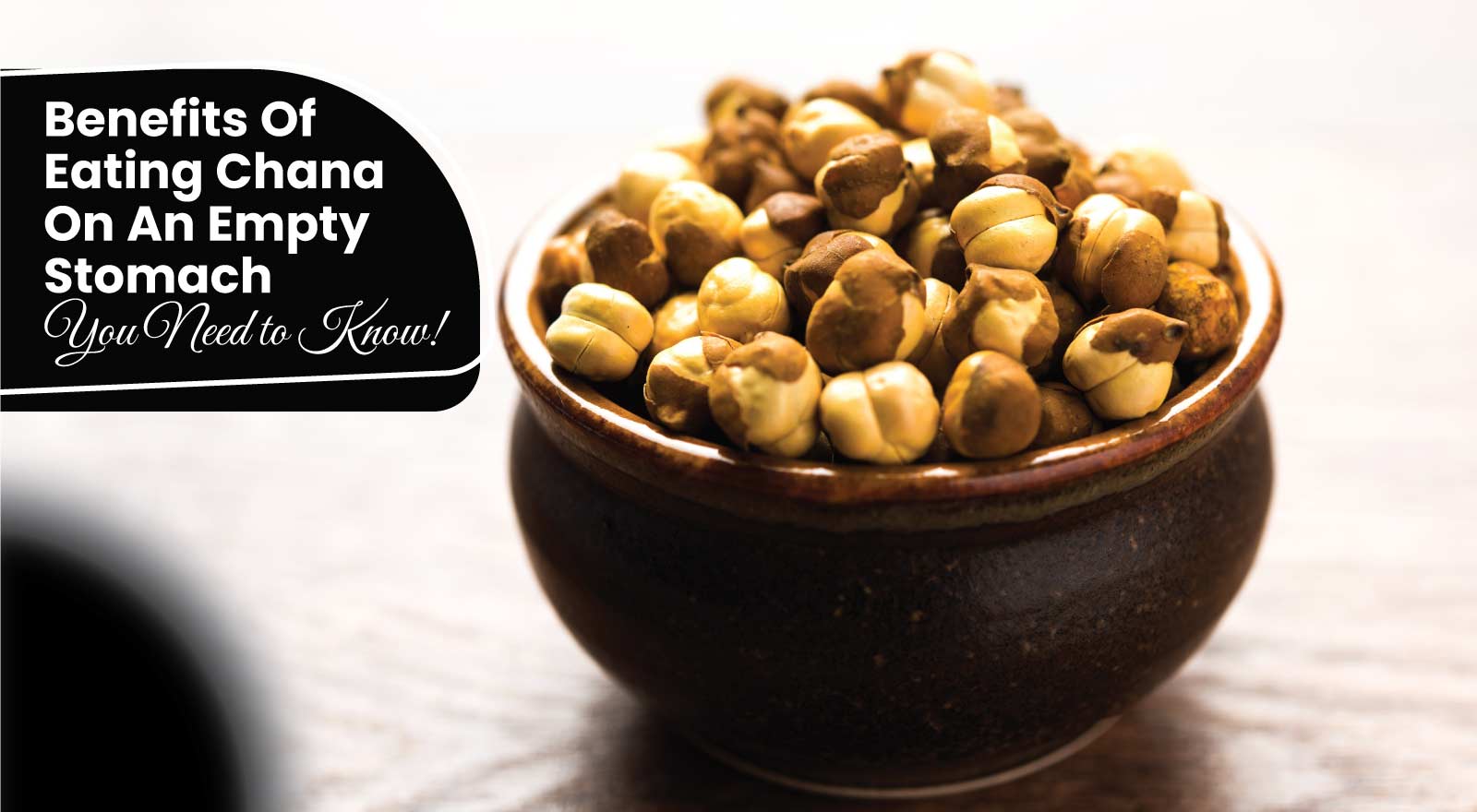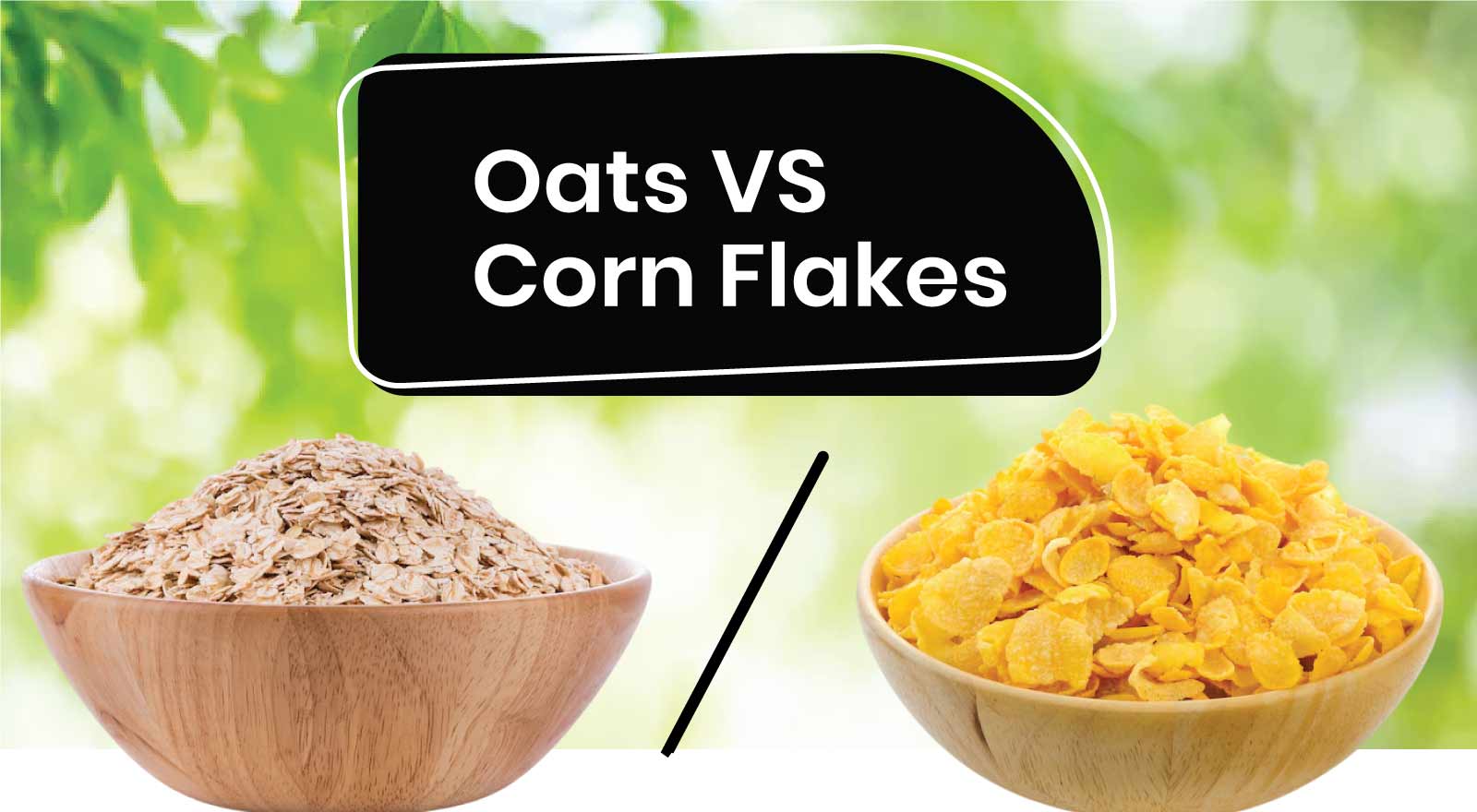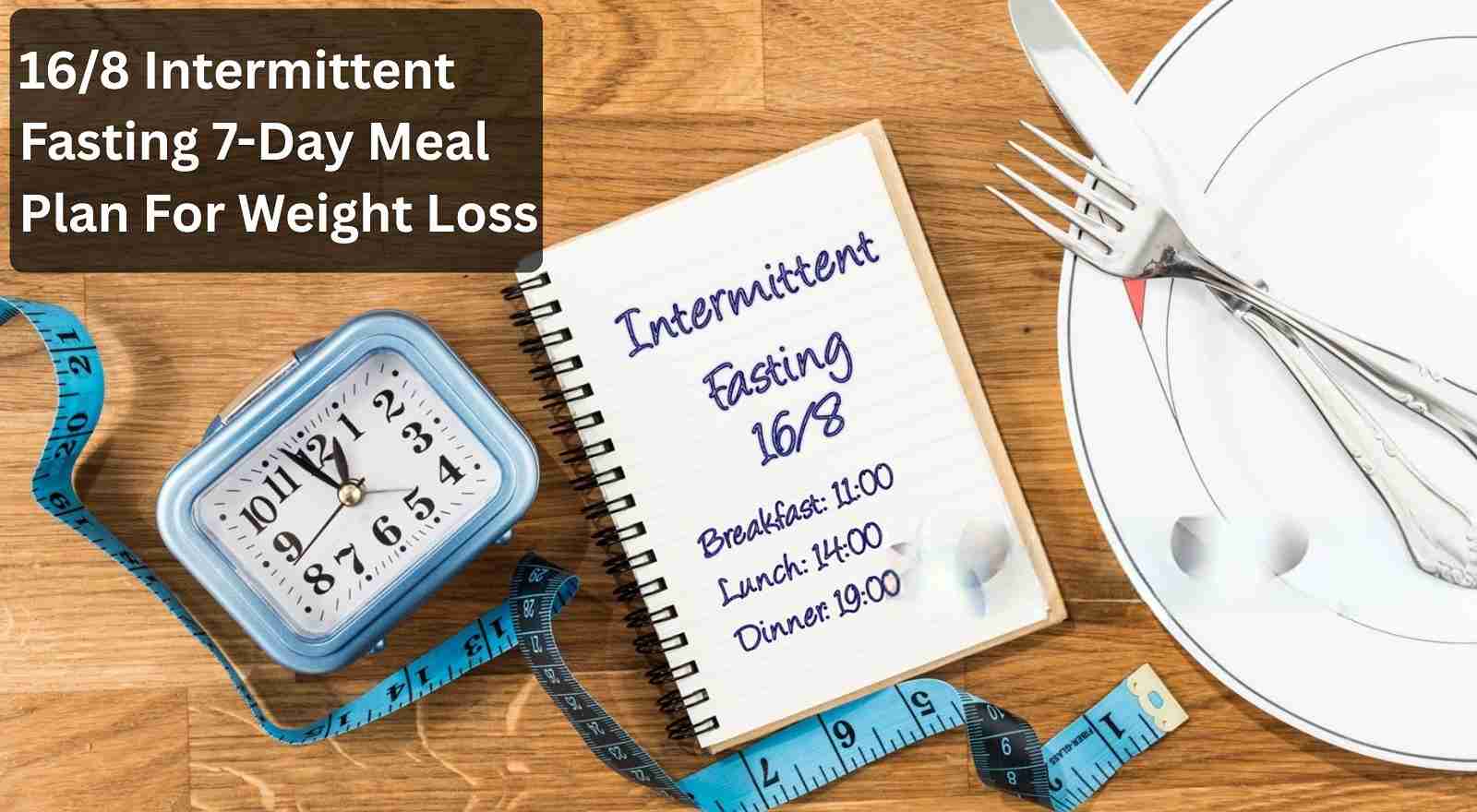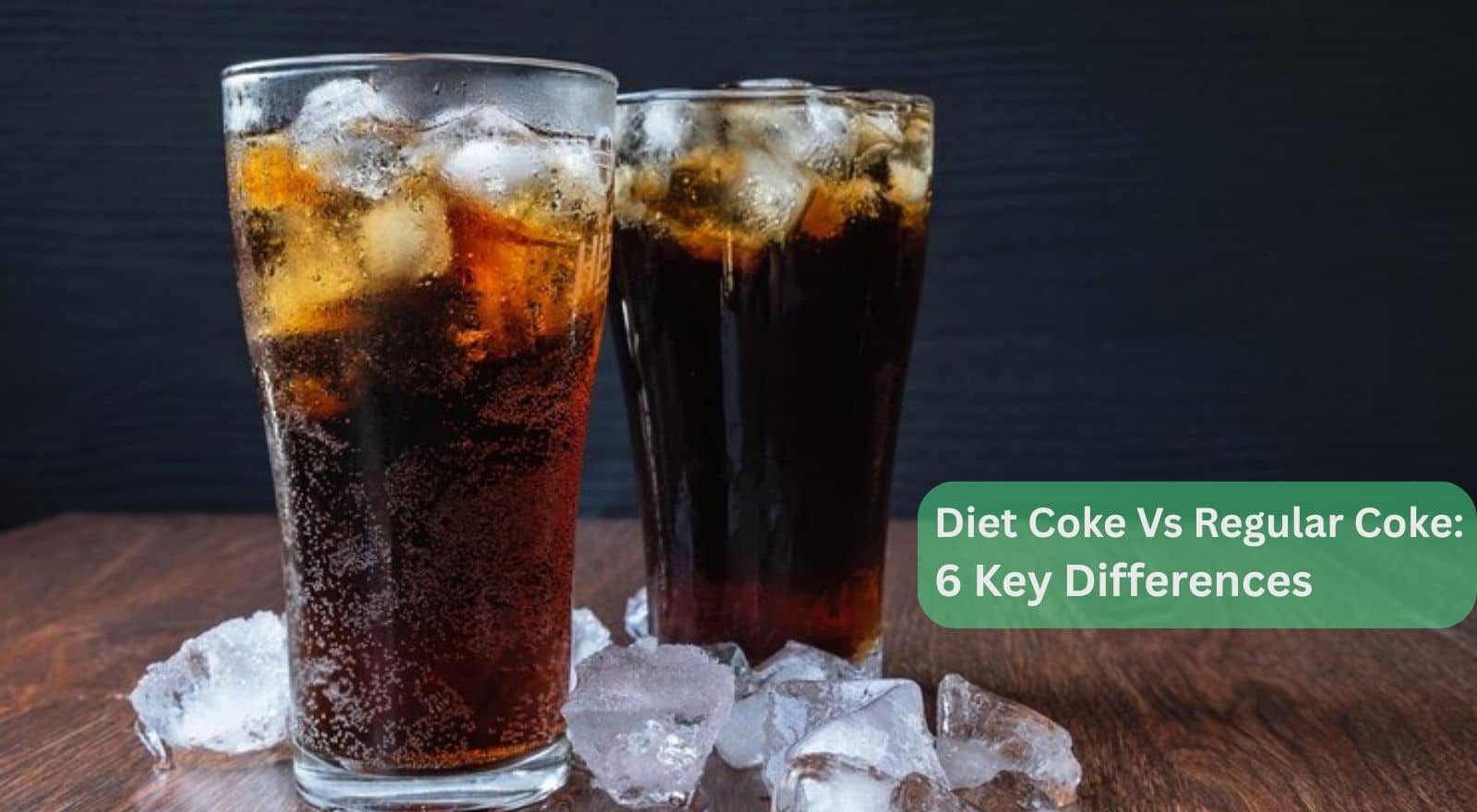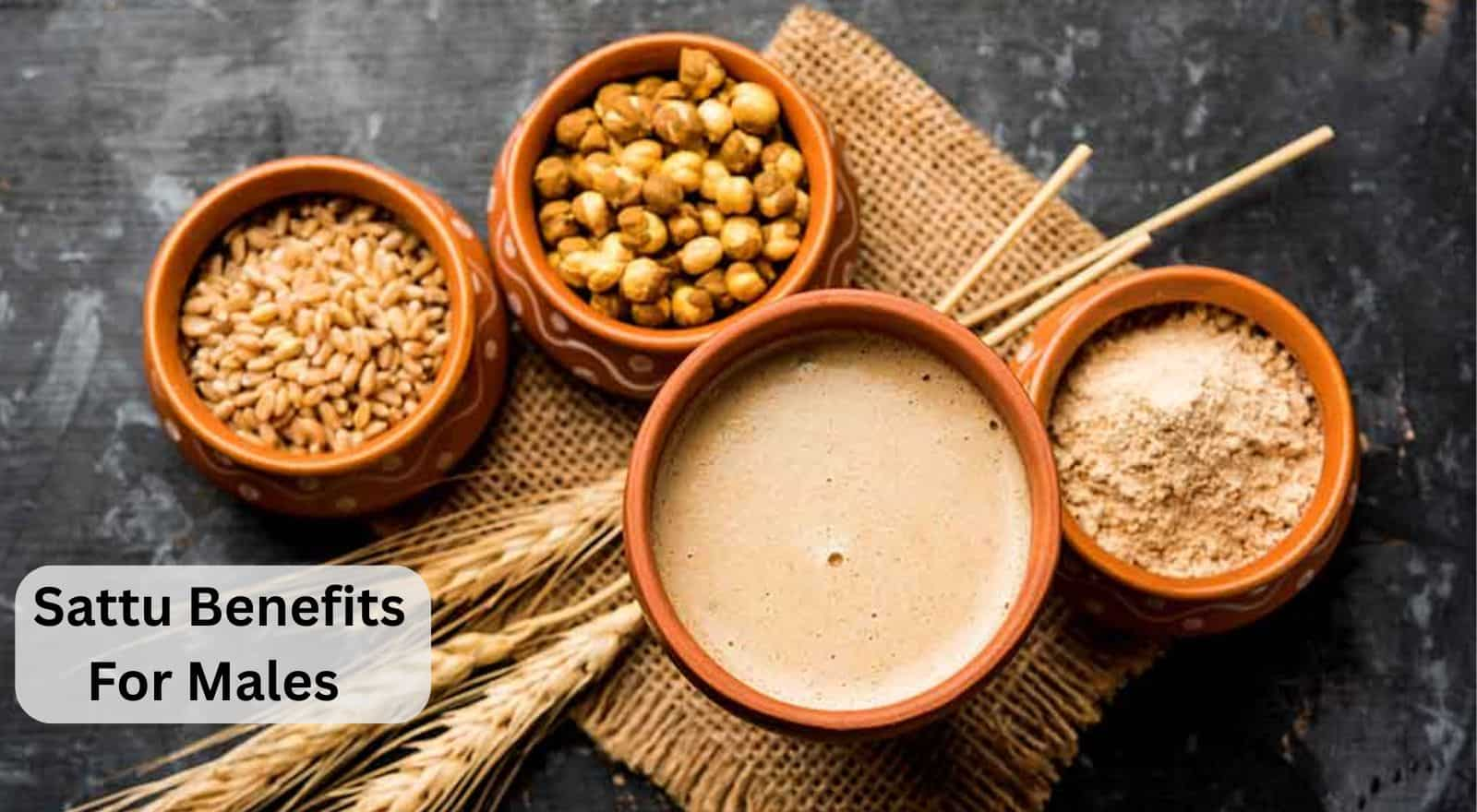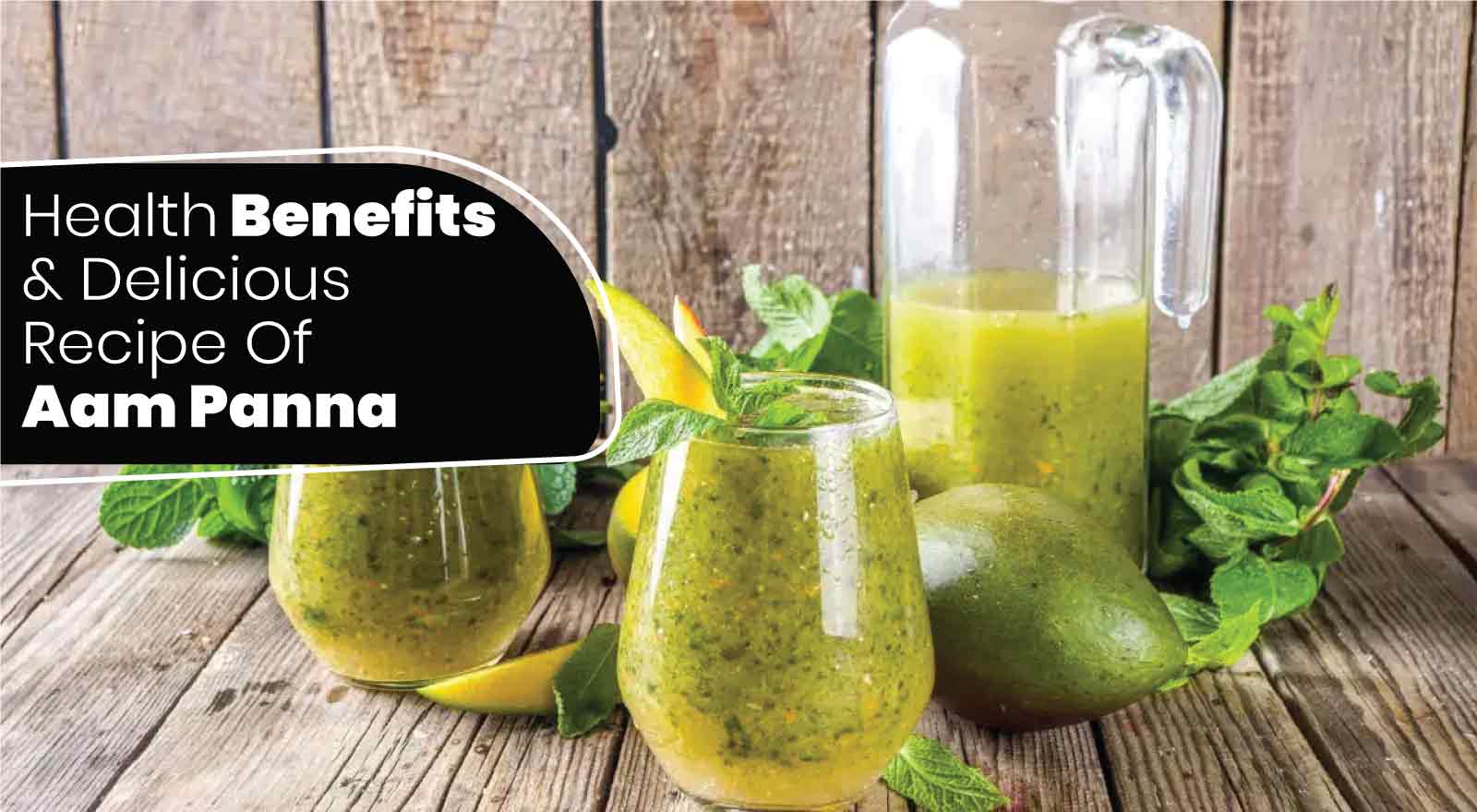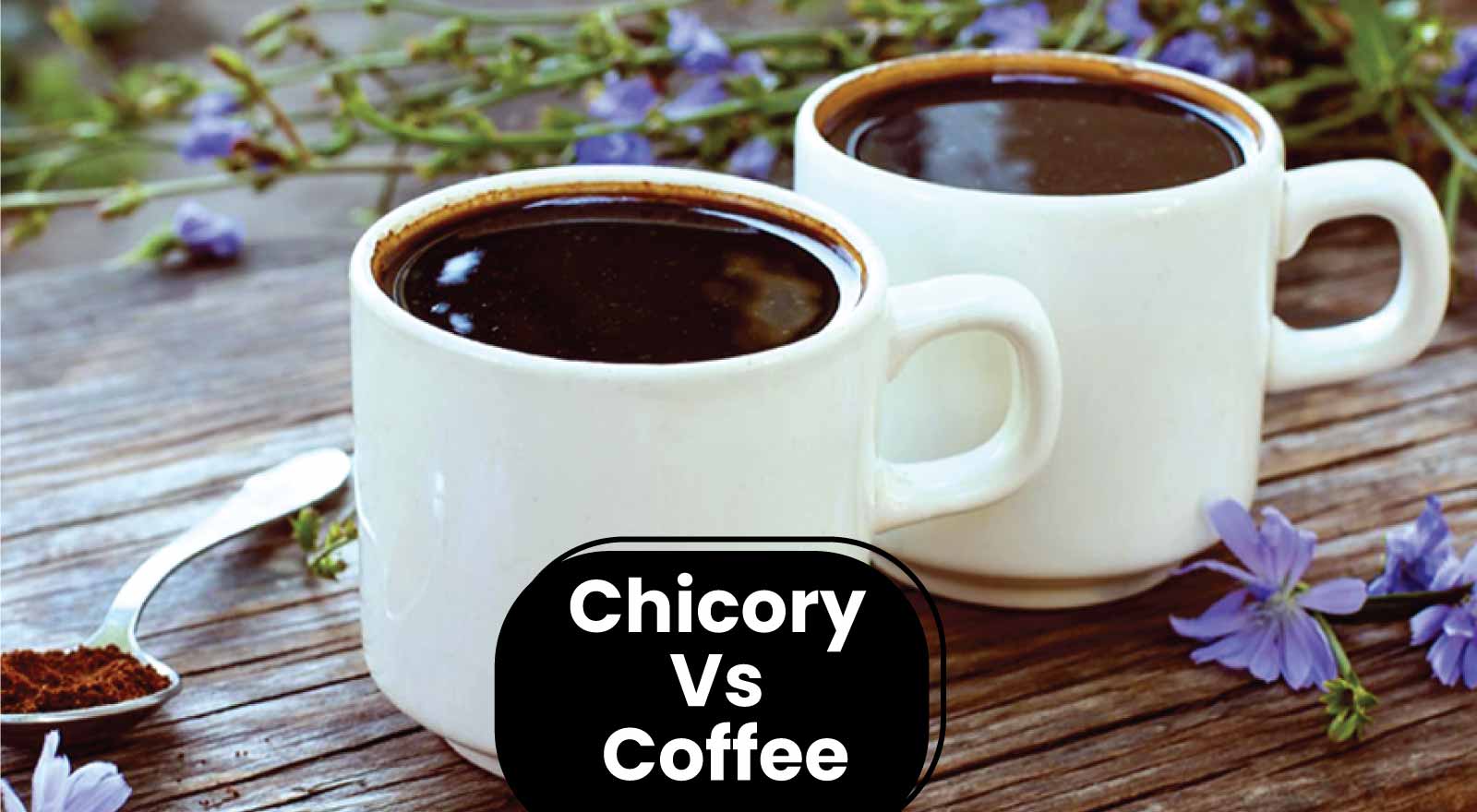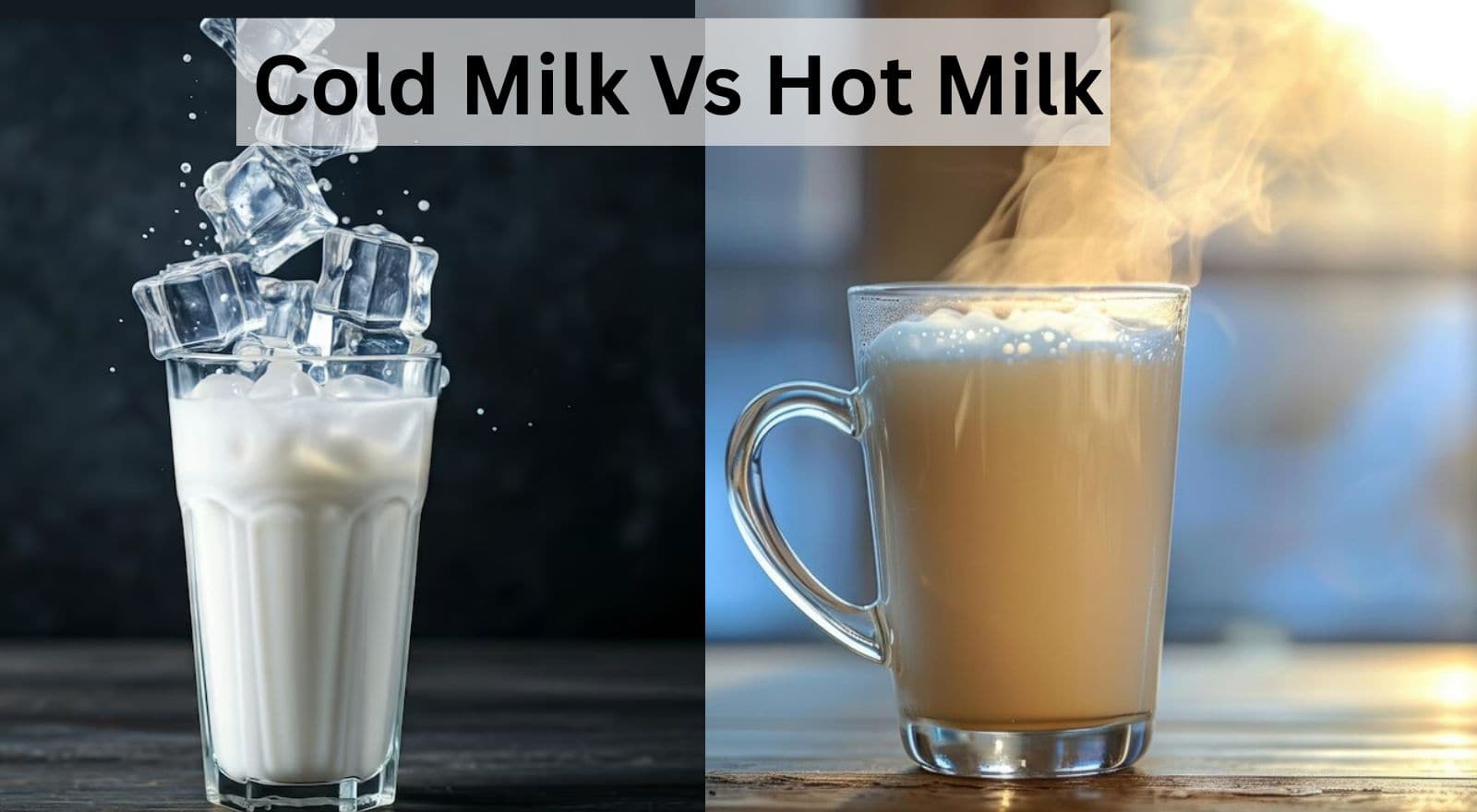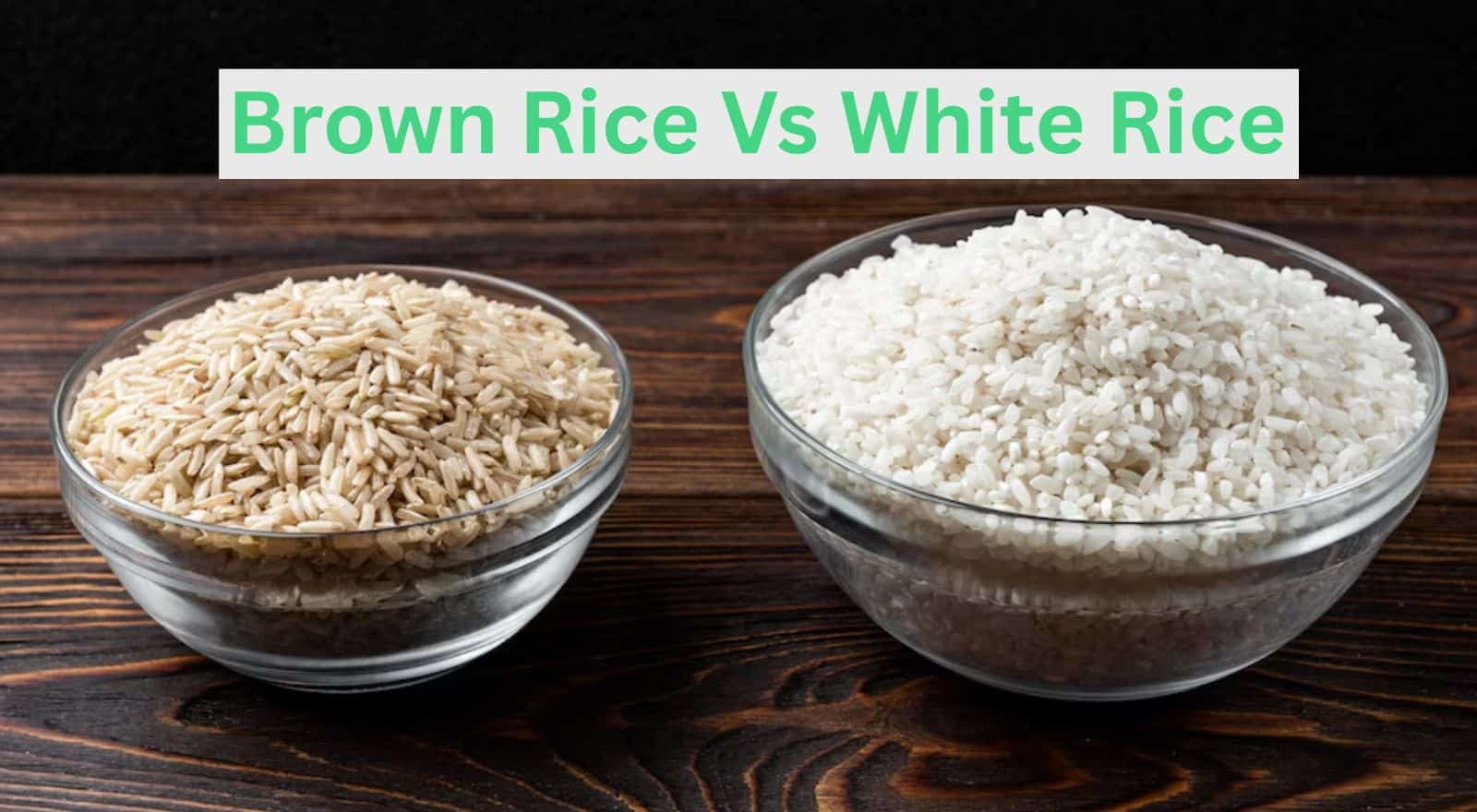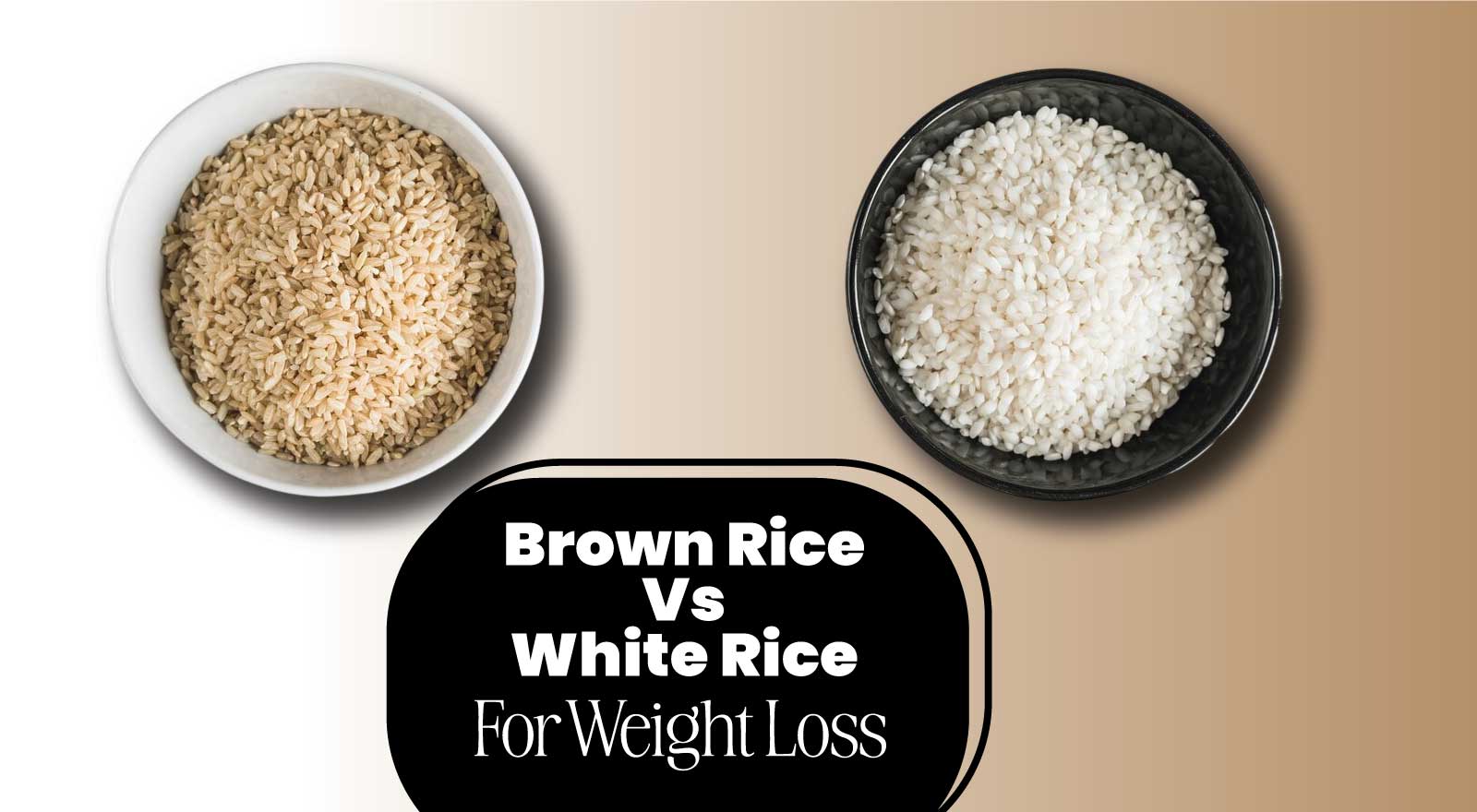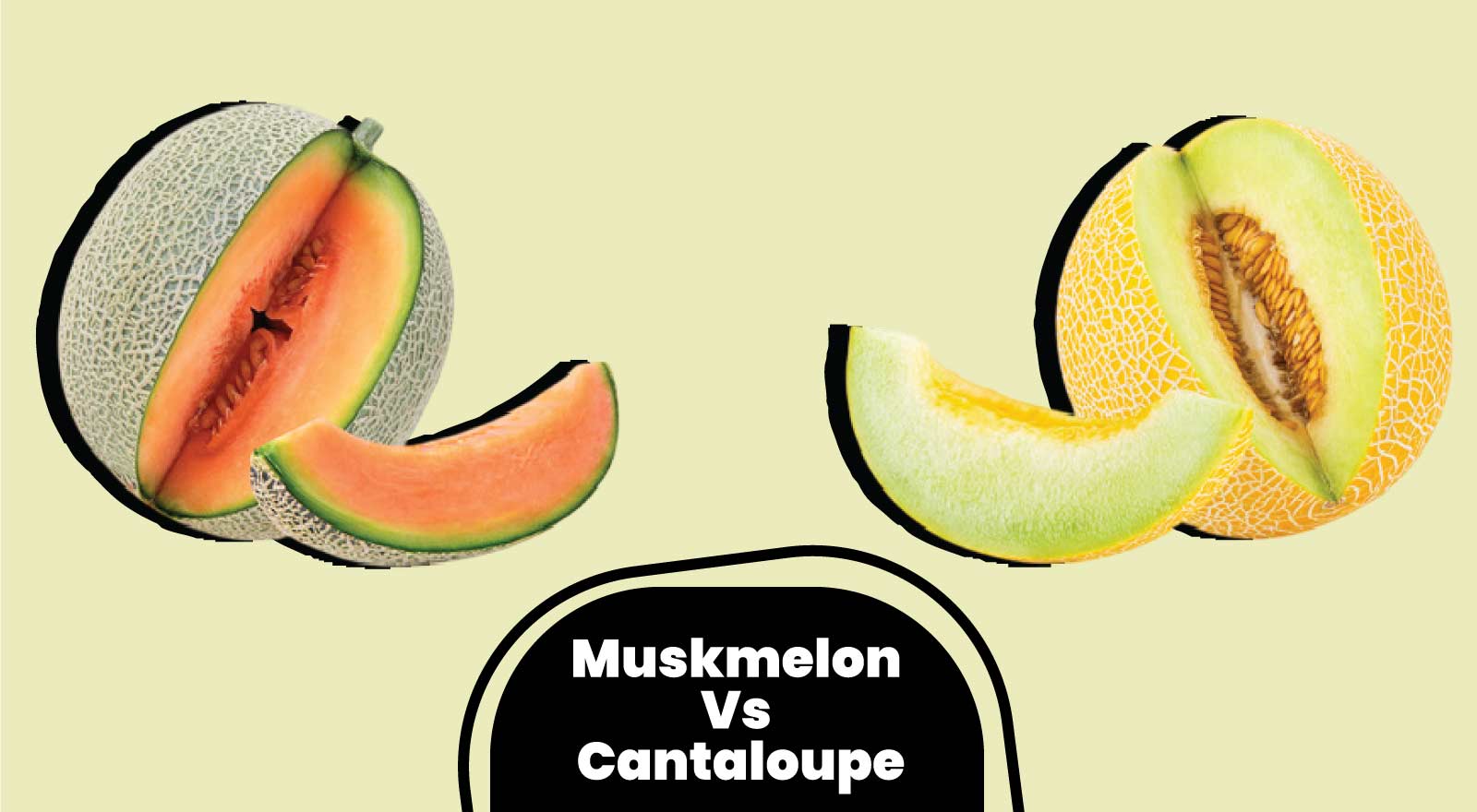Muscle recovery is critical to any workout routine, whether lifting weights, running or high-intensity interval training (HIIT). Any fitness regimen must include muscle recovery because it enables the body to rebuild and develop its muscles after activity.
Post-exercise recovery helps your muscles repair and grow and prepares you for future training sessions. Along with stretch exercises after a workout, another important part of this process is proper nutrition, as some meals provide vital nutrients that support muscle repair, reduce inflammation, and replenish energy reserves.
Consuming the right foods can speed muscle recovery, reduce soreness, and improve overall athletic performance. These include antioxidant-rich fruits and vegetables, lean meats, and plant-based alternatives. Including these nutrients that restore muscle in your diet promotes faster recovery and longer-term increases in fitness. Let us dive into this blog to learn about the best foods for muscle recovery, how to speed up muscle recovery and ways to make the recovery process quick.
Table Of Contents
1. What Foods Are Best For Muscle Recovery?
2. How Can I Speed Up My Muscle Recovery?
3. What Foods Are Good For Quick Recovery?
4. Dietitian Recommendation
5. The Final Say
6. FAQs
7. References
What Foods Are Best For Muscle Recovery?

Here are some of the best and healthy foods for muscle recovery:
1. Carbohydrate-Dense Foods
Carbohydrates are your body’s main source of energy. After a workout, your muscle glycogen stores (the stored form of carbohydrates in muscles) become depleted. Eating carbohydrates helps replenish these stores, which is crucial for recovery and energy levels. The best carbohydrate foods for muscle recovery are:
- Whole Grains: Brown rice, quinoa, oats, and whole-wheat bread provide slow-digesting carbohydrates that replenish glycogen stores over time.
- Sweet Potatoes: Abundant in vitamins A and C, sweet potatoes offer complex carbohydrates that aid in glycogen recovery.
- Fruits: Bananas, apples, berries, and oranges provide quick-digesting carbohydrates and essential vitamins and minerals.
- Legumes: Rich in complex carbohydrates and protein, beans, lentils, and chickpeas help replenish energy levels after physical activity.
Consuming carbohydrates right after exercising replenishes glycogen stores. When these stores are refilled, your muscles have the energy needed to repair and grow. Combining carbohydrates with protein in your post-workout meal (3:1 or 4:1 ratio) can optimise glycogen replenishment and muscle protein synthesis.
2. Protein-Rich Foods
For muscles to grow and mend, they need protein. Your muscle fibres sustain tiny tears during exercise. Protein aids in the restoration of these fibres, ultimately increasing their strength and size as time progresses. The best protein foods for muscle recovery are:
- Lean Meats: Chicken and other lean meats provide high-quality protein essential for repairing muscle tissues.
- Fish: Salmon, tuna, and mackerel are not only great sources of protein but are also rich in omega-3 fatty acids, which reduce inflammation and speed up recovery.
- Eggs: Contain all nine essential amino acids needed for muscle repair, making them a complete protein source.
- Dairy Products: Rich in casein and whey proteins, Greek yoghurt, cottage cheese(paneer), and milk offer a steady release of amino acids to promote healing.
- Alfalfa Powder: ToneOp Care’s Alfalfa Powder is a plant-based muscle-building superfood which is perfect for post-workout smoothies and salad. It contains all essential amino acids and nutrients to build strong muscles and enhance recovery.
Proteins consist of amino acids, which form the basis of muscle tissue. Protein aids in the replenishment of these amino acids following physical activity, minimising muscle breakdown and enhancing muscle protein synthesis (MPS). To maximise the benefits of your workouts, including the best muscle-building exercises, it's important to consume adequate protein. The optimal protein intake for muscle recovery is around 20-30 grams per meal, spaced evenly throughout the day.
3. Antioxidant-Rich Foods
Exercise, especially high-intensity or long-duration workouts, can increase the production of free radicals in the body. These erratic chemicals may cause oxidative stress, which harms cells and aggravates muscles. Antioxidant-rich foods neutralise these free radicals, protecting muscles and aiding in faster recovery. The best antioxidant-rich foods for muscle recovery are:
- Berries: Blueberries, strawberries, and raspberries contain vitamins C and E, powerful antioxidants that help repair muscle tissue.
- Dark Leafy Greens: Antioxidants such as beta-carotene and vitamin C, found in spinach, kale, and Swiss chard, help to lessen oxidative stress.
- Tomatoes: Rich in lycopene, tomatoes help combat exercise-induced oxidative damage.
- Dark Chocolate: It is rich in flavonoids and antioxidants that can help reduce muscle soreness after exercise.
Antioxidants combat oxidative damage during intense exercise, reducing muscle fatigue and soreness. They also support the immune system, helping the body to heal and recover faster.
4. Healthy Fats
While often overlooked in muscle recovery discussions, healthy fats reduce inflammation and support overall recovery. In particular, omega-3 fatty acids have been demonstrated to lessen inflammation and post-exercise muscular soreness. The best healthy fat foods for muscle recovery are:
- Avocados: Rich in monounsaturated fats and potassium, avocados support muscle function and recovery.
- Nuts And Seeds: Almonds, walnuts, flaxseeds, and chia seeds provide omega-3 fatty acids and vitamin E, which help combat exercise-induced inflammation.
- Olive Oil: Has antioxidants and monounsaturated fats that lower inflammation and enhance heart health, which indirectly aids in muscle rehabilitation.
- Fatty Fish: Omega-3 fatty acids, which are abundant in salmon, sardines, and trout, reduce inflammation and pain in the muscles.
While fats don't directly fuel muscles, they support overall cellular health and reduce the oxidative stress caused by intense exercise. Healthy fats, particularly omega-3s, help reduce exercise-induced inflammation, which can shorten recovery time and improve your ability to train effectively. ToneOp Care’s Fish Oil Capsules are rich in omega-3 fatty acids that can help increase one's density. If you are looking for a vegetarian option, Flax Seed Oil capsules are here to save the day!
5. Turmeric And Ginger
Strong anti-inflammatory foods for muscle recovery, like ginger and turmeric, can ease pain in the muscles and hasten healing. Turmeric's key ingredient is curcumin, which has been demonstrated to lessen post-exercise inflammation and muscular soreness. The best ways to consume turmeric and ginger are:
- Turmeric Tea: After working out, a warm cup of turmeric tea can aid with muscular soreness and inflammation reduction.
- Ginger Smoothie: Adding fresh ginger to your post-workout smoothie can enhance its anti-inflammatory effects.
- Golden Milk: This traditional drink combines turmeric, milk, and honey to promote recovery and reduce muscle pain.
- ToneOp Care’s Turmeric, Ginger & Garlic Oil Capsules: To reduce joint and muscle pain, take 1-2 capsules daily after meals.
Both turmeric and ginger contain natural anti-inflammatory compounds that reduce muscle pain and inflammation. Curcumin in turmeric has been found to decrease muscle damage, while gingerols in ginger can reduce the intensity of muscle soreness after exercise.
6. Hydration And Electrolyte-Rich Foods
Proper hydration is essential for muscle recovery. Water is crucial for transporting nutrients to your muscles, maintaining cellular function, and removing waste products like lactic acid. Dehydration can delay recovery and increase muscle cramps and soreness. The best hydration and electrolyte sources for muscle recovery are:
- Coconut Water: Contains potassium, sodium, and magnesium, which help restore electrolyte balance after sweating.
- Watermelon: Its high water content and natural sugars provide hydration and muscle fuel.
- Cucumbers: Because they are low in calories and high in water, cucumbers aid in hydration and the replacement of lost fluids.
- Leafy Greens: Antioxidants and magnesium, a necessary electrolyte for muscular function, are abundant in spinach and kale.
Maintaining good muscular function and minimising pain after exercise require drinking enough water. Sweat causes the loss of electrolytes such as sodium, potassium, and magnesium; replacing these lost minerals is essential to avoiding cramping in the muscles and promoting healing.
Also Read: 10 Energy Boosting Foods And 5 Best Health Drinks | ToneOpFit
7. Collagen-Rich Foods
Collagen is the most abundant protein in the body and is crucial in maintaining the health of your muscles, tendons, and joints. Supplementing your diet with collagen can improve muscle recovery and reduce the risk of injury. The best collage-rich foods for muscle recovery are:
- Bone Broth: Bone broth, which is made from boiling bones, is high in minerals and collagen, supporting the health of your muscles and joints.
- Gelatin: Found in certain foods or as a supplement, gelatin provides a concentrated source of collagen.
- Collagen Peptide Supplements: These can be easily added to smoothies or shakes to boost collagen intake.
Collagen supports the repair of tendons, ligaments, and muscles, helping to speed up recovery after exercise. It also provides amino acids like glycine and proline, which are essential for muscle repair and joint health. ToneOp Care’s Skin 360 Tablets helps in boosting collagen in the body.
How Can I Speed Up My Muscle Recovery?
Emphasise rest, hydration, and diet to hasten muscle recovery. Drinking plenty of water ensures your muscles stay hydrated, which is essential for proper function. Stretching, foam rolling, and light exercises can also improve blood flow, promoting faster recovery. Getting enough sleep is crucial, as muscle repair primarily happens during rest.
Supplements like amino acids or collagen can also be added to your diet to boost recovery. Combining these strategies can significantly speed up your recovery, allowing you to train more effectively. Include protein, healthy fats, and antioxidant-rich foods for muscle recovery in your diet. It contains amino acids needed to rebuild and repair damaged muscle fibres; protein is vital. Foods like chicken, fish, eggs, Greek yoghurt, and quinoa offer high-quality protein.
Healthy fats found in salmon, nuts, and avocado help reduce inflammation, speeding up recovery. Antioxidant-rich foods like berries, tart cherry juice, and spinach fight oxidative stress, which is common after intense exercise. Carbohydrates from sweet potatoes and whole grains replenish glycogen stores, restoring energy for the next workout. Incorporating these foods for muscle recovery into post-workout meals helps support muscle repair, reduce soreness, and improve overall recovery time.
ToneOp Fit’s 1-Year Transformation Plan helps you strike the right balance between workout and a balanced diet with the help of expert coaches who even make your muscle recovery process easier.
Also Read: Why Is A Cool Down Exercise After Workout Important? Know 5 Benefits Here!
What Foods Are Good For Quick Recovery?
Your body needs protein, carbohydrates, and antioxidants for quick recovery. Protein-rich foods for muscle recovery, like chicken, turkey, eggs, and fish, help rebuild muscle fibres. For immediate energy replenishment, consume carbohydrates like bananas, sweet potatoes, and whole grains, which restore glycogen stores after intense exercise. Tart cherry juice is a great recovery drink, as it reduces muscle soreness and inflammation due to its rich antioxidant content.
Greek yoghurt, which combines protein and carbohydrates, supports muscle recovery and replenishes energy levels. Leafy greens like spinach and nuts provide magnesium, which reduces muscle cramps and promotes relaxation. This combination of nutrients accelerates recovery, allowing muscles to heal and grow faster.
Also Read: 8 Effective Tips To Prevent Muscle Soreness After Exercise Easily!
Dietitian’s Recommendation
To boost muscle recovery, consuming protein-rich foods and pairing protein with complex carbs to replenish glycogen, like dal with rice or quinoa salad with sweet potatoes, are some ways to aid muscle recovery. Always try to cool down and rest after exercise to improve blood circulation and boost muscle recovery as best as possible. Have electrolytes-rich foods like coconut water after your rigorous workout routine to avoid excessive fatigue. You can also include green tea or chamomile tea for relaxation and for anti-inflammation. Post-workout, aim to eat within 30–60 minutes for the best recovery results.
Dt. Akshata Gandevikar
The Final Say
The process of recovering muscles is complex and includes both rest and a healthy diet. How soon your muscles heal, how sore you feel, and how prepared you are for your next training session can all be greatly influenced by the foods for muscle recovery you eat after a workout. A diet high in protein, complex carbs, healthy fats, and antioxidant-rich foods will help you recover more quickly and perform at your best overall.
FAQs
1. Mention the 5 best foods good for muscle recovery.
The 5 foods good for muscle recovery are:
- Eggs
- Paneer
- Greek Yoghurt
- Coconut water
- Turmeric milk
2. Which is the best food to recover muscles?
Here are different categories of foods for muscle recovery:
- Carbohydrate-Dense Foods: Banana, sweet potato, apple, oranges
- Protein-Rich Foods: Milk, fish, eggs, chicken
- Antioxidant-Rich Foods: Blueberries, strawberries, spinach
- Healthy Fats: Avocados, almonds, walnuts
- Turmeric And Ginger
- Hydration And Electrolyte-Rich Foods: Watermelon, coconut water, cucumber
3. How long does muscle recovery usually take?
Muscle recovery typically takes 24–72 hours, depending on the intensity of the workout and individual fitness levels. Adequate nutrition, hydration, and rest can help speed up recovery.
References
- https://www.health.com/nutrition/muscle-recovery-foods
- https://sweat.com/blogs/nutrition/foods-for-muscle-recovery
- https://www.goodrx.com/well-being/diet-nutrition/muscle-recovery-foods
- https://www.anytimefitness.com/ccc/nutrition/best-foods-for-muscle-recovery/
- https://www.nike.com/in/a/best-muscle-recovery-foods
- https://www.prevention.com/food-nutrition/a60640314/muscle-recovery-foods/
- https://www.onlymyhealth.com/muscle-recovery-foods-to-consume-after-workout-1719829242
- https://www.medicalnewstoday.com/articles/322692
- https://blog.nasm.org/nutrition-for-recovery
About ToneOp Fit
ToneOp Fit is a platform dedicated to improving and maintaining good health through a comprehensive range of goal-oriented health plans with up to 3 Coach support. With a range of Weight Management, Medical Condition, Detox Plans, and Face Yoga Plans, the app also provides premium health trackers, recipes and health content. Get customised diet, fitness, naturopathy & yoga plans and transform yourself with ToneOp.













